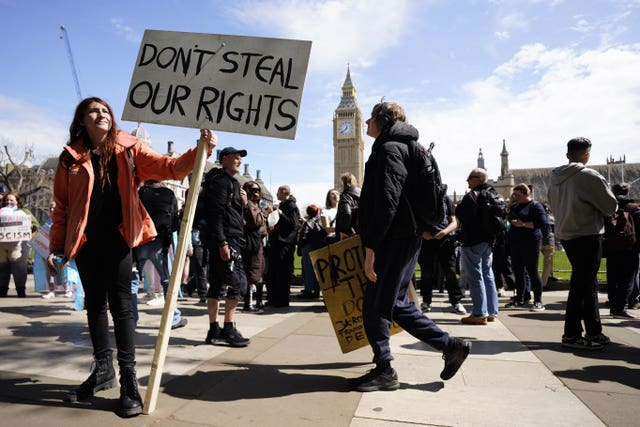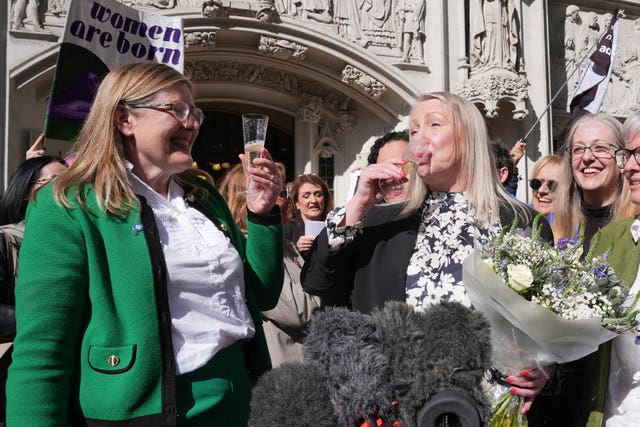UK culture sector leaders ‘unwilling’ to police which toilets people use
The Supreme Court ruling on gender has been interpreted to mean that transgender women can be excluded from female toilets.

Leaders from the UK culture sector have said they are “unable and unwilling to police the gender of people using our toilets” in the wake of a recent Supreme Court ruling.
Over the Easter period, it was declared that the words “woman” and “sex” in the Equality Act refer to a biological woman and biological sex.
The ruling has been interpreted to mean that transgender women, who are biologically male but identify as women, can be excluded from women-only spaces like toilets and changing rooms.

More than 1,000 people have signed an open letter to the Equality and Human Rights Commission (EHRC) which claims its interim update on the practical implications of the judgment “overlooks the need to protect trans, non-binary and intersex people from discrimination”.
Signatories include joint chief executives and general directors of the Welsh National Opera (WNO), Adele Thomas and Sarah Crabtree, the founder of the Vagina Museum, Florence Schechter, and the director of Queer Britain museum, Andrew Given.
The letter says: “The majority of cultural venues – who are already facing significant financial challenges and are often based in listed and old buildings – are unable to magic up new toilet facilities. As well as being profoundly unfair, this kind of segregation will have significant social, cultural and economic impact.
“In addition, your interim update is not practical or possible to apply.”
It adds: “We are unable and unwilling to police the gender of people using our toilets.
“Before any guidance or legislation is issued, we urge you to undertake full and appropriate consultation with the trans, intersex and non-binary communities about the potential impact of any legislation along similar lines to your update.
“We also urge you to undertake full and appropriate consultation with those running cultural venues and public buildings to understand the impact this would have on operations, our ability to keep people safe and our ability to ensure inclusive and welcoming spaces.”
It comes after actors including Oscar-winning star Eddie Redmayne, The Brutalist actor Joe Alwyn and Babygirl star Harris Dickinson signed an open letter addressed to film and TV industry bodies, encouraging them to support the trans community.
The letter said that the signatories wish to “add our voices to the 2,000+ signatories of the Open Letter from UK Writers to the Trans Community”, which was signed by Doctor Who showrunner Russell T Davies and Chewing Gum’s Michaela Coel.

The EHRC has issued guidance aimed at clearing up questions about what the judgment will mean in practice.
Transgender women “should not be permitted to use the women’s facilities” in workplaces or public-facing services like shops and hospitals, the EHRC said.
The same applies to transgender men, who are biologically female, using men’s toilets.
The watchdog also insisted that transgender people “should not be put in a position where there are no facilities for them to use”.
The Supreme Court decision was hailed as a victory by some women’s rights campaigners, but LGBT+ charity Stonewall described it as “incredibly worrying for the trans community”.
EHRC chairwoman Baroness Kishwer Falkner told the political magazine The House: “I can wholeheartedly reassure all who rely on us that every explanation of equality law from the EHRC will be accurate and authoritative. That is our job.”
“The unambiguous ruling of the Supreme Court has now clarified what the law is.
“Claims that trans people are not being listened to are simply incorrect.”
The EHRC is currently reviewing its statutory code of practice for services.
It will seek affected stakeholders’ views on how the practical implications of the judgment can be reflected in the updated guidance in a consultation expected to launch later this month.





